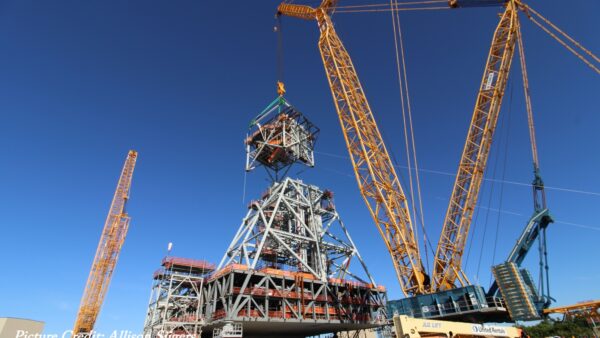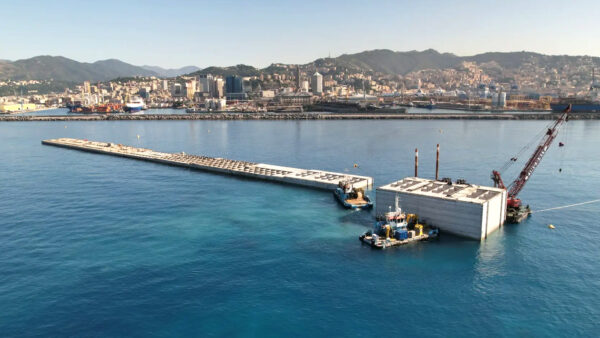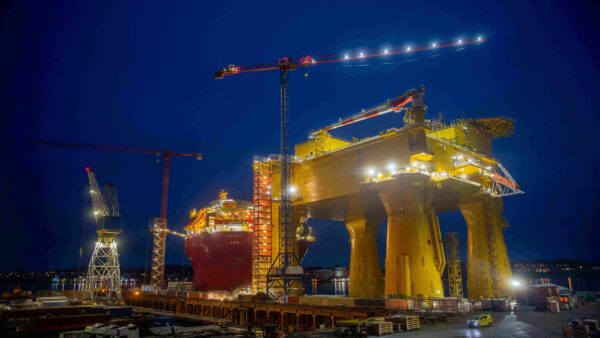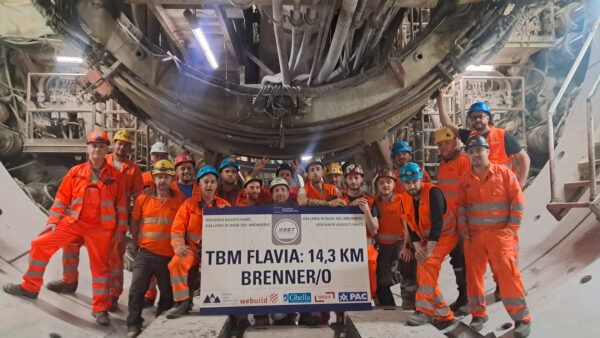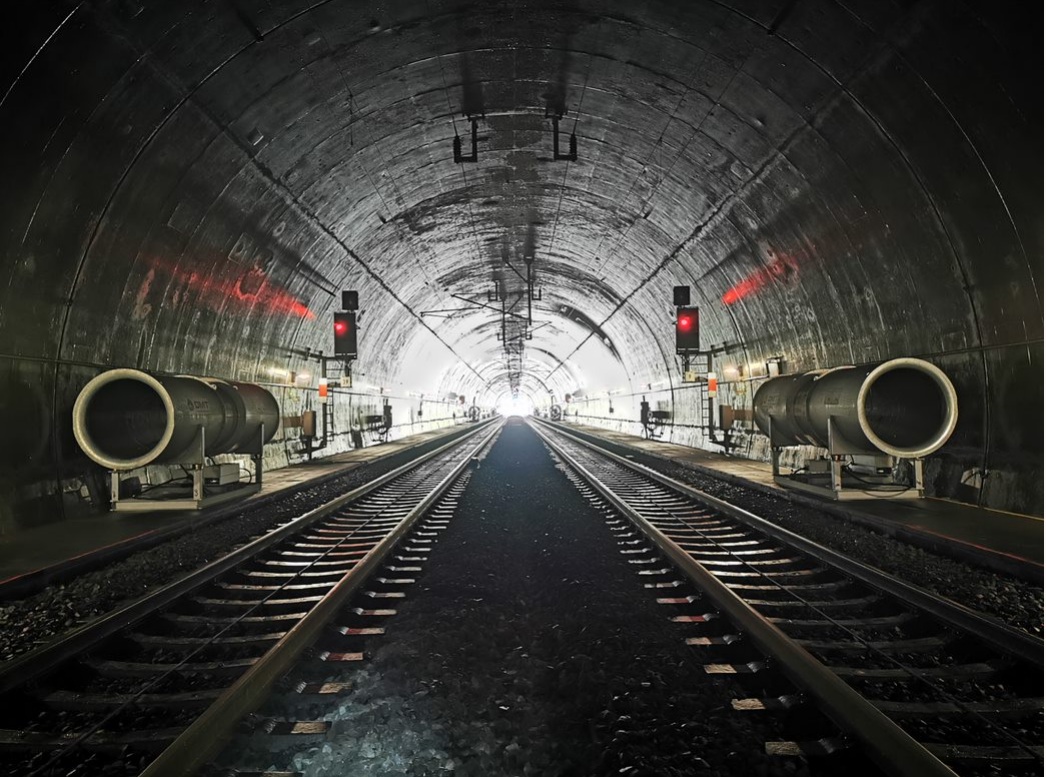
Deutsche Bahn’s tunnels have no permanent ventilation systems, so a temporary one had to be designed to facilitate this major track refurbishment.
Essen-headquartered consulting engineer DMT has completed what it calls one of its biggest-ever ventilation projects allowing track refurbishment work to proceed along 21km of high-speed rail tunnels between Göttingen and Kassel in Germany.
The temporary ventilation system was needed because rail operator Deutsche Bahn’s tunnels have no permanent ventilation systems, which would have exposed construction workers to harmful gases for the refurbishment’s duration.
Background
In summer 2020, DB commissioned rail infrastructure company Spitzke to refurbish the tracks of the SFS 1733 line for around 40km between Göttingen and Kassel. The tender included 37km of track renewal, 10km of ballast cleaning, 25km of ballast recycling and the renewal of 49 points.
Some 110 long-distance trains ply the route every day at speeds of up to 280km/h.
DMT’s planning for the ventilation system started in October 2020, with detailed design approved by Deutsche Bahn and Spitzke in spring 2021. Around 30 DMT experts oversaw the system’s installation between April and July that year ahead of Spitzke starting work in September 2021. Using reversible jet fans, the system supplies fresh air and dilutes and discharges poisonous gases.
“This contract is one of the largest projects we have ever undertaken in the field of tunnel ventilation,” said Andreas Bischoff, senior project manager at DMT.
“Ventilating tunnels is somewhat less complex than providing ventilation in branched mine pit systems because of the straight pipe flow of the air, but there were enough challenges in this project as well,” he added.
Dust and technology
A main challenge was dealing with dust raised by moving ballast on the track bed. DMT used its accredited, in-house dust testing centre.
The company also instituted a digital monitoring system, called Safeguard. “In this way, I could – and still can – look after the construction site 24 hours a day via my laptop without having to be directly on site,” said Bischoff. “Via Safeguard, I can monitor the tunnels at any time, check the air flow and even change the ventilation settings, if necessary.”
He continued: “It was a tight schedule, and from the very beginning all processes had to run precisely and smoothly. We chose particularly robust fans, because every standstill and track closure would have cost the construction companies money.”
“DMT combines capable project management with innovative and flexible expertise. That simply convinced us,” said Chris-Adrian Dahlmann, project manager at Spitzke.
Deutsche Bahn (DB) plans to invest around €12.7bn in the renovation and expansion of Germany’s rail network with the aim of doubling rail passenger traffic volumes by 2030.

